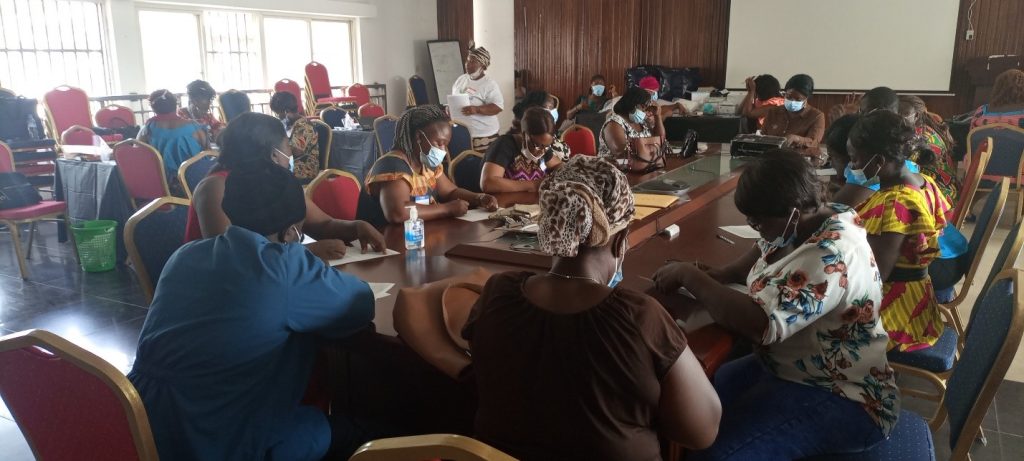Education doesn’t end after nurses graduate and become licensed RNs. Instead, they start on a path of lifelong learning that goes on throughout their nursing careers. It’s critical that they continue gathering information to keep abreast of changes in nursing.
Nurses continue to learn throughout their careers to gain knowledge so they can competently fulfill their scope of practice and standards of care. It may include formal or informal educational opportunities.

Healthcare is complex and practices are always evolving. A large segment of the patient population is over the age of 65, and older patients tend to suffer from one or more chronic health conditions. Nurses must have the necessary expertise to treat elderly patients and help them manage illnesses such as heart or kidney disease, diabetes, arthritis, cancer, dementia, Alzheimer’s and obesity.

Lifelong learning gives nurses the critical-thinking and problem-solving skills needed to resolve issues they may encounter while taking care of patients. When nurses are up to date on new techniques, policies and procedures they take concrete steps in saving lives. This lifelong learning is gained from clinical practice and learning from colleagues.

Based on this, a US based Liberian health and humanitarian organization has completed training of over 200 nurses in Liberia. “It is our organization of giving back a country from. We believe coming back to Liberia to contribute an obligation as Liberian nurses who based in the United States providing services for the people of that country”, Joyce Kolu Mator, Chief Executive Officer of the Organization.
The team of trainers includes: Joe Mator, Jozelle Mator, Famata Williams, Rachel M. Garnett, Zelina Clarke, and Johnetta Sumo, who are conglomerate of nurses grown from different health facilities in the US.
Signed:_______________________
Felecia Gbesioh
Director of Communications, MoH/LR

